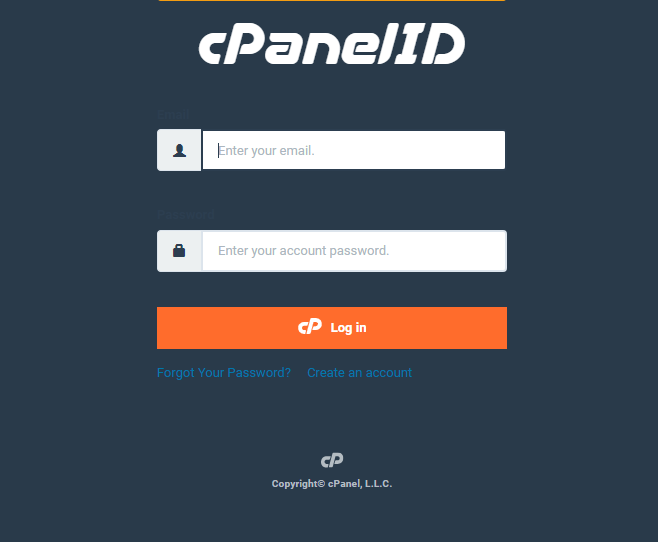PHP extensions are modules or plugins that provide additional functionality and features to the PHP programming language. They are used to extend the core functionality of PHP and allow developers to add specific capabilities to their PHP applications without modifying the PHP source code. In this article we will explain the steps to manage cPanel PHP extensions.
PHP extensions are typically written in C or C++ and are compiled as shared libraries that can be dynamically loaded into PHP at runtime. Hence, these extensions enhance PHP’s capabilities and enable developers to interact with various libraries, protocols, databases, and services, making it a versatile language for web development and beyond.
Types of PHP Extensions
Some common types of PHP extensions include:
1. Database Extensions
These extensions provide interfaces to interact with different database management systems, such as MySQL, PostgreSQL, SQLite, and MongoDB. They allow PHP scripts to connect to databases, perform queries, and manage data.
2. Web Services Extensions
Extensions like cURL (Client URL) enable PHP to communicate with other web services, APIs, and retrieve remote data.
3. Image Processing Extensions
PHP indeed supports various image processing extensions like GD (Graphics Draw) and ImageMagick, allowing developers to create, manipulate, and process images dynamically.
4. Encryption and Hashing Extensions
Extensions like OpenSSL provide encryption and decryption functions, while hash extensions allow developers to generate hash values for data integrity and security purposes.
5. XML and JSON Extensions
These extensions facilitate working with XML and JSON data, parsing, and creating XML documents and JSON-encoded data.
6. Compression Extensions
These extensions like zlib and bz2 allow developers to work with compressed files and data.
7. Mathematical Extensions
Extensions like GMP (GNU Multiple Precision) and BC Math surely provide support for high-precision arithmetic and mathematical operations.
8. Date and Time Extensions
Extensions like DateTime enable PHP to work with dates, times, timezones, and perform various date-related calculations.
9. Security Extensions
Extensions like Filter, Hash, and Mcrypt help developers with input validation, data hashing, and encryption tasks.
10. Other Specialized Extensions
There are numerous other specialized extensions for tasks such as handling PDFs, generating barcodes, handling internationalization, etc.
PHP extensions allow developers to tailor PHP to their specific needs and streamline their development process by leveraging existing libraries and functionalities. Many extensions are included in the standard PHP distribution, while others can be installed separately based on the requirements of the project. When developing a PHP application, it is essential to ensure that the required extensions are available and enabled on the hosting server for the application to work correctly.
Steps to Manage PHP Extension in cPanel
To manage PHP extensions in cPanel, you can follow these steps:

1. Log in to your cPanel account.

2. In the “Software” section, click on “Select PHP Version.”
3. On the “PHP Selector” page, you will see the currently selected PHP version for your account.
4. To manage PHP extensions, click on the “Extensions” tab at the top of the page.

5. In the “Extensions” tab, you will find a list of available PHP extensions.
6. To enable an extension, tick the checkbox next to the desired extension.
7. To disable an extension, untick the checkbox next to the extension.
After making your desired changes, click the “Save” button at the bottom of the page to apply the changes.
Enabling or disabling PHP extensions allows you to customize the functionality and features available in your PHP environment. You can significantly enable extensions that your applications or scripts require or disable unnecessary extensions to improve performance and security.
Thus remember to regularly review and manage your PHP extensions based on the requirements of your applications and the best practices recommended by BigCloudy.

